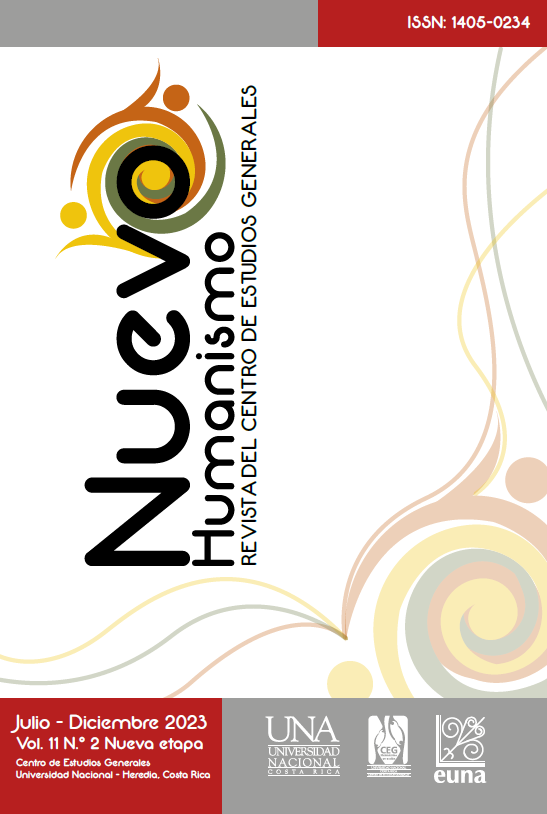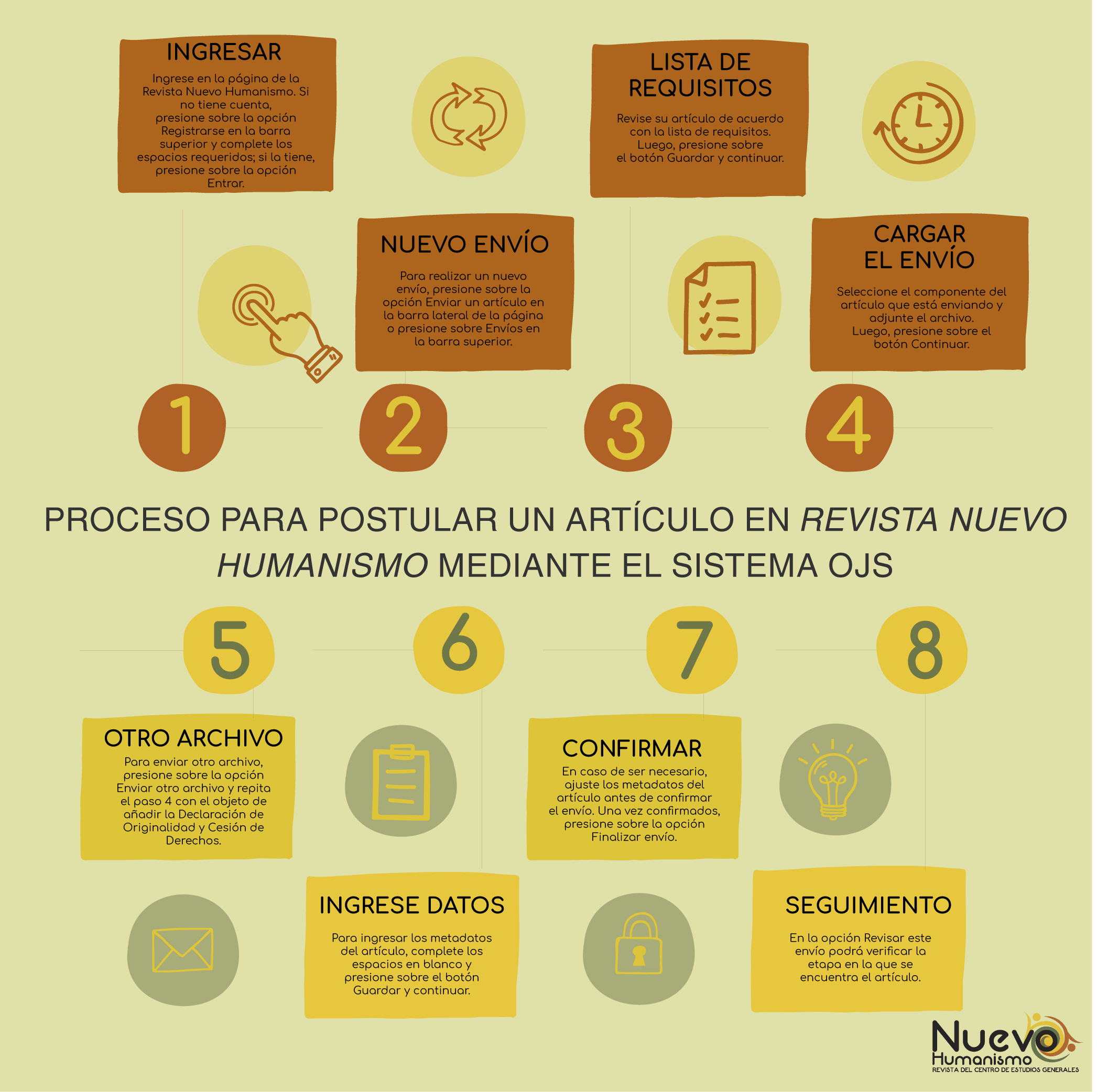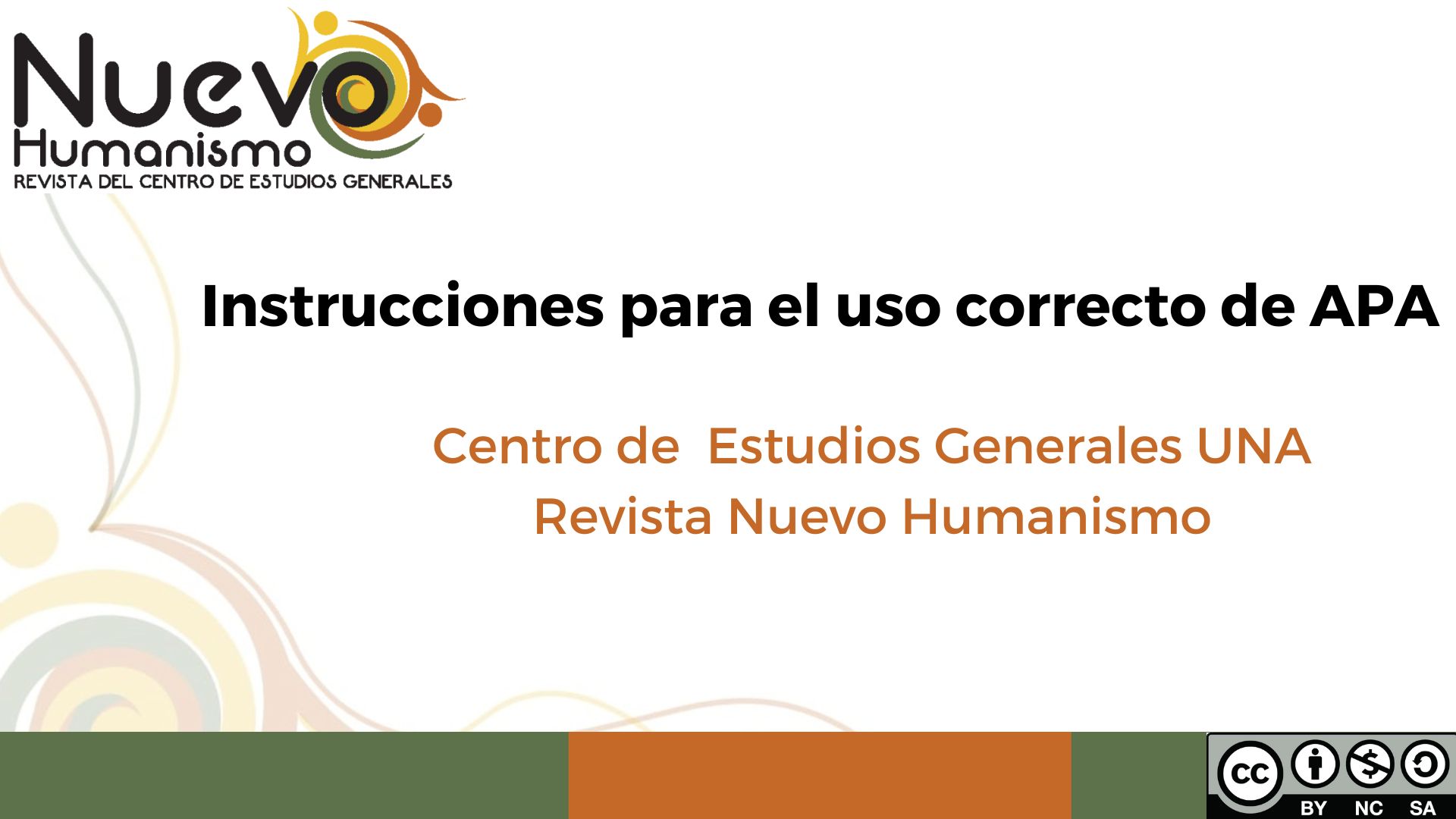Foundations for a science of hypercomplexity I
DOI:
https://doi.org/10.15359/rnh.11-2.6Keywords:
social sciences, complexity, interdiscipline, transdiscipline, complex and hipercomplex systemsAbstract
The indiscriminate use —and quite inconsistent— in the abusive repetition of words such as complexity, interdiscipline, and transdiscipline turns the intellectual terrain evoked by these
vocables increasingly vacuous and useless. As so many other popular terms in the history of the Social Sciences during the XXth and XXIst centuries, whose conceptualization was weak buy attractive for its ubiquity which transformed them into intellectual they morphed into fashionable words with little or no usage or validity whatsoever for a rigorous analysis of social phenomena to which they were supposed to be applied. In this sketchy summary of ideas, we will propose a usage which we think will allow to establish and formulate in a more solid manner these notions (complexity, interdiscipline, transdiscipline), transforming them in conceptual instruments for analytic tasks in present day sociology, within the appropriate epistemological framework for the study of hypercomplex systems; which are, in fact, a superior and peculiar category of complex systems.
References
Baraona, M. (2022a). La revolución epistemológica de Marx. Materialismo Histórico en el siglo XXI. La ciencia de la sociedad (I). Kamuk.
Baraona, M. (2022b). Humanismo, complejidad e interdisciplina. EUNA.
Bosch, M. (2011). Complejidad, ciencia y comunicación. https://www.academia.edu/3708511/Complejidad_Ciencia_y_Comunicaci%C3%B3n
Bosch, M. (2006). Crítica a la “Teoría de la Comunicación Humana”. https://www.academia.edu/3498847/Cr%C3%ADtica_a_la_Teor%C3%ADa_
de_la_Comunicaci%C3%B3n_Humana
Bunge, M. (2012). Ontología II: un mundo de sistemas (Vol. 4). Gedisa.
Cadenas, H. (2012). El sistema de la estructura. Estructuralismo y teoría de sistemas sociales. Cinta moebio 45, 204-214. doi: 10.4067/S0717-554X2012000300002.
Comte, A. (1851-1854). Systéme de politique positive. Altheris.
Durkheim, É. (1893). La división del trabajo social. Ediciones Akal.
Durkheim, É. (1897). El suicidio. Ediciones Akal.
García, R. (2006). Sistemas complejos. Conceptos, método y fundamentación epistemológica de la investigación interdisciplinaria. Gedisa.
Gibert Galassi, J. (2006). La complejidad en ciencias sociales: ¿tema matemático, filosófico, científico o jerga posmoderna? Revista Integra 10, 67-75.
Habermas, J. (1987). Teoría de la acción comunicativa (Vol. 2). Taurus.
Kolakowski, L. (1981). La filosofía positiva. Madrid: Cátedra.
Kuper, A. (1974). Antropología y antropólogos. La escuela británica 1922-1972. Anagrama.
Luhmann, N. (1997). Theory of Society (Vol. 1). Stanford University Press.
Luhmann, N. (2006). La sociedad de la sociedad. Herder.
Luhmann, N. (2007). Sistemas sociales. Anthropos.
Malinowski, B. (1979). The Ethnography of Malinowski. The Trobriand Islands 1915-18. Routledge and Kegan Paul.
Palerm, Á. (2004). Historia de la etnología: Tylor y los profesionales británicos. Universidad Iberoamericana.
Palerm, Á. (2005). Historia de la etnología II. Los evolucionistas. Universidad Iberoamericana.
Parsons, T. (1976). El sistema social. Biblioteca de la Revista de Occidente.
Prigogine, I. (1977). Self-Organization in Non-Equilibrium Systems. Wiley.
Tansley, A. (1935) The Use and Abuse of Vegetational Concepts and Terms. Zeitschrift Ecology,16(3), 284-307.
Raymond, A. (1994). Las etapas del pensamiento sociológico. Los fundadores.
Montesquieu, Comte, Marx y Tocqueville (Vol. 1). Herder.
Radcliffe-Brown, R. (1922). The Andaman Islanders. Free Press.
Radcliffe-Brown, R. (1931). Social Organization of Australian Tribes. Free Press.
Radcliffe-Brown, R. (1952). Structure and Function in Primitive Society. Free Press.
Radcliffe-Brown, R. (1957). A Natural Science of Society. Free Press.
Radcliffe-Brown, R. (1958). Method in Social Anthropology. University of Chicago Press.
Toynbee, A. J. (1946). A Study of History: Abridgement (Vols. 1-6). Oxford University Press.
Varela, F.J., & Maturana, H.R. (1973). De Máquinas y Seres Vivos: Una teoría sobre la organización biológica. Editorial Universitaria.
Von Bertalanffy, L. (1968). General System Theory: Foundations, Development, Applications. George Braziller.
Weil, A. (1998). Salud total en 8 semanas. Urano.










